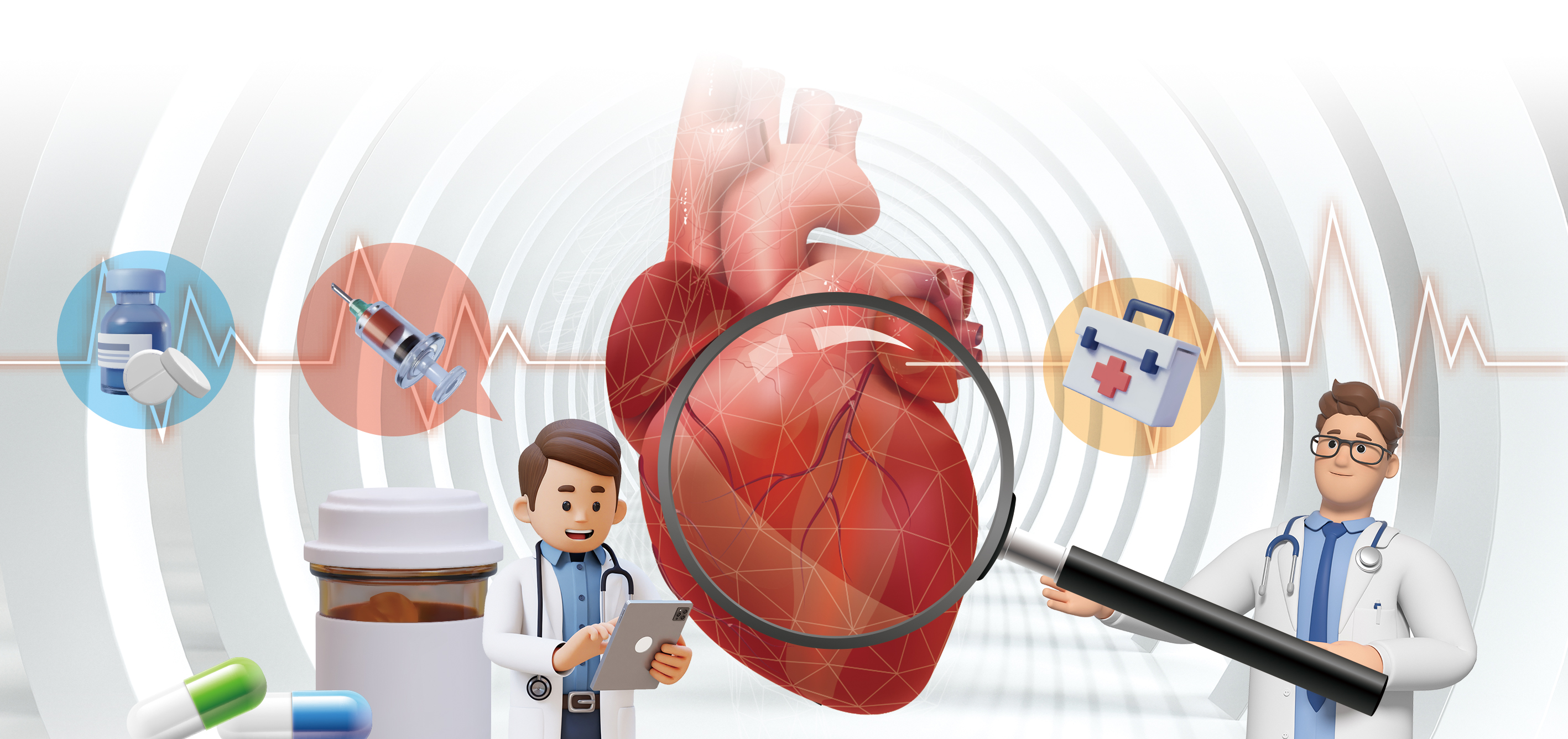(cefepime, enmetazobactam)
ALLECRA THERAPEUTICS
EXBLIFEP (cefepime and enmetazobactam) for injection is a combination product that contains cefepime, a cephalosporin antibacterial drug, and enmetazobactam, a beta-lactamase inhibitor, for intravenous administration.
AEXBLIFEP® is indicated for the treatment of patients 18 years of age and older with complicated urinary tract infections (cUTI) including pyelonephritis, caused by the following susceptible microorganisms: Escherichia coli, Klebsiella pneumoniae, Pseudomonas aeruginosa, Proteus mirabilis, and Enterobacter cloacae complex.
Reference
1. EXBLIFEP US Prescribing Information 2024. https://www.accessdata.fda.gov/drugsatfda_docs/label/2024/216165s000lbl.pdf





